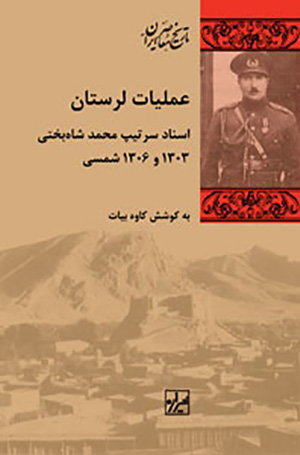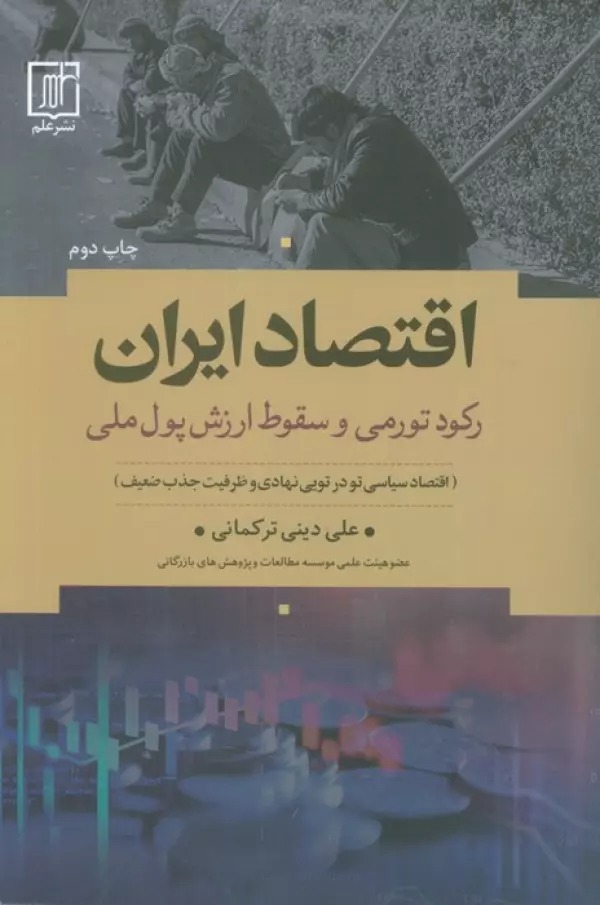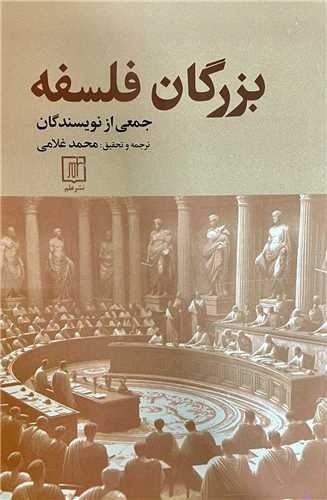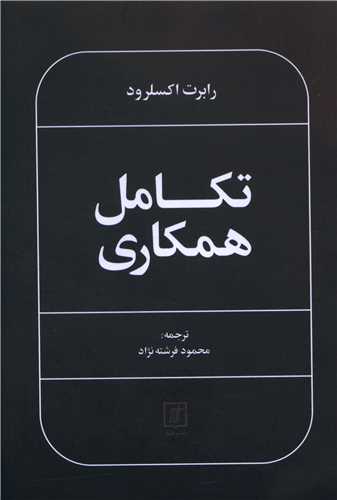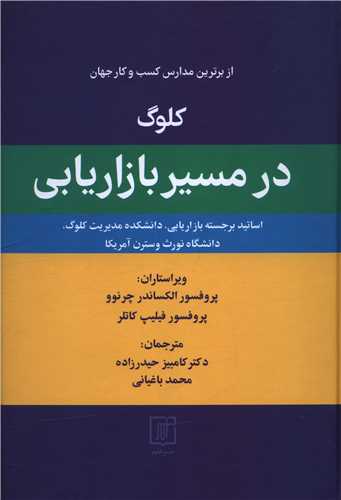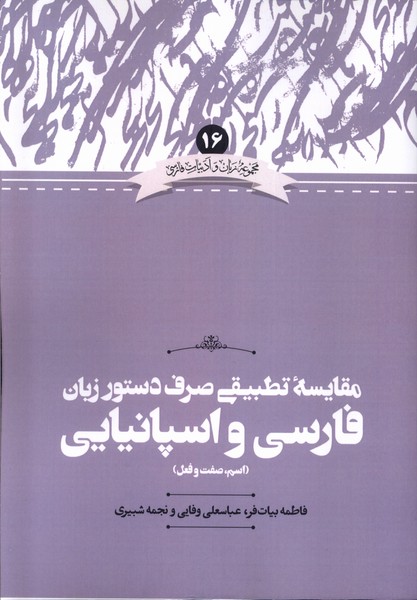Sākhtan-i Dawlat: Persian 2022
ساختن دولت
20.63 $
Share
Wishlist
Original Title:
State-Building: Governance and World Order in the 21st Century
ISBN:
9786222463694
Translator:
'alī Mīrmuḥammadī
Publisher:
'Ilm
Age Group:
Adult
Pages:
144
Weight:
149 g
Dimensions:
14 x 21 x 1.3 cm
Book Cover:
Paperback
Francis Fukuyama famously predicted "the end of history" with the ascendancy of liberal democracy and global capitalism. The topic of his latest book is, therefore, surprising: the building of new nation-states. The end of history was never an automatic procedure, Fukuyama argues, and the well-governed polity was always its necessary precondition. "Weak or failed states are the source of many of the world's most serious problems," he believes. He traces what we know―and more often don't know―about how to transfer functioning public institutions to developing countries in ways that will leave something of permanent benefit to the citizens of the countries concerned. These are important lessons, especially as the United States wrestles with its responsibilities in Afghanistan, Iraq, and beyond. Fukuyama begins State-Building with an account of the broad importance of "stateness." He rejects the notion that there can be a science of public administration, and discusses the causes of contemporary state weakness. He ends the book with a discussion of the consequences of weak states for international order, and the grounds on which the international community may legitimately intervene to prop them up.
more
فرانسیس فوکویاما «پایان تاریخ» را با برتری دموکراسی لیبرال و سرمایه داری جهانی پیش بینی کرد. بنابراین موضوع آخرین کتاب او شگفتانگیز است: ساختن دولتهای ملی جدید. فوکویاما استدلال میکند که پایان تاریخ هرگز یک رویه خودکار نبود، و سیاست خوب اداره شده همیشه پیششرط ضروری آن بوده است. او معتقد است: "دولت های ضعیف یا شکست خورده منشأ بسیاری از جدی ترین مشکلات جهان هستند." او آنچه را که ما می دانیم - و اغلب نمی دانیم - در مورد چگونگی انتقال موسسات عمومی فعال به کشورهای در حال توسعه به روش هایی که منافع دائمی برای شهروندان کشورهای مربوطه به جا بگذارد را دنبال می کند. اینها درس های مهمی هستند، به خصوص که ایالات متحده با مسئولیت های خود در افغانستان، عراق و فراتر از آن دست و پنجه نرم می کند.
فوکویاما دولت سازی را با شرح اهمیت گسترده "دولت" آغاز می کند. او این تصور را رد می کند که می تواند علم مدیریت دولتی وجود داشته باشد، و علل ضعف دولت معاصر را مورد بحث قرار می دهد. او کتاب را با بحث در مورد پیامدهای دولتهای ضعیف برای نظم بینالمللی، و زمینههایی که جامعه بینالمللی ممکن است به طور مشروع برای حمایت از آنها مداخله کند، به پایان میرساند.
more









